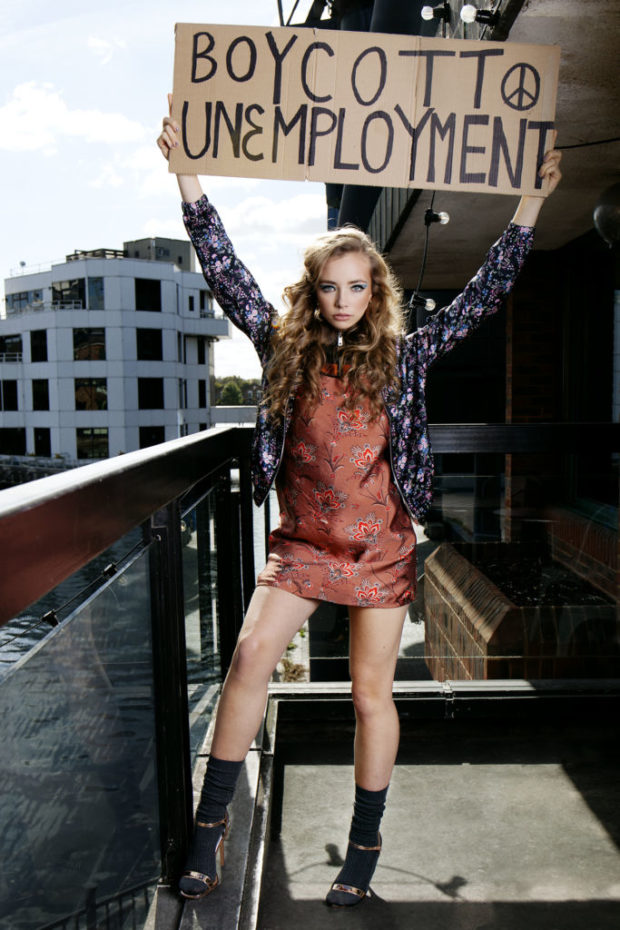To boycott means to stop interacting with a service or product in protest at its behaviour or values. It’s a stand against the moral implications of supporting certain organisations or people. Emocto is taking a stand against unemployment because unemployment has beleaguered the people of the world for long enough. Here’s a quick history lesson to get us all fired up and ready to boycott.
The word itself is the namesake of an Irish Captain in the 1880s, Charles Boycott. He was subject to being socially ostracised after refusing a 25% cut on rents because the harvest had been minuscule that year. Instead of resorting to violence in their outrage, Charles Stewart Parnell, an Irish nationalist put it to the locality that they should shun boycott, refusing to do the work that was required to keep him in profit. They did so and the tactic was a success. Next thing you know ‘boycott’ is being used as a verb by The Times.
Since then with a word to rally around boycotts have taken numerous forms throughout history with the peaceful protest the weapon of choice for so many irate firebrands looking to make their voices heard.
A brave example would be the Jewish boycott of German goods back in 1933. Facing down the Nazi party would be considered morally commendable in most history books. The unspeakable acts of violence towards the Jewish people have overshadowed this courageous act of rebellion but its one that should definitely be remembered.
An event which has seen its history soaked in the politics of ethics is the Olympics. The Sporting occasion has seen countries boycott it a grand total of six times throughout history with the most recent time coming in 1988 in South Korea, with the war between North Korea and South Korea seemingly at boiling point. With war-lacerated nations competing its hard not to pick sides.
The FIFA World Cup 2018 was nearly boycotted by the United Kingdom after the Novichok poisoning in Salisbury. This is an example of how this non-violent championing of personal ethics and civil liberty is only becoming more relevant by the day.
Millennials have called for the boycotting of various brands, it’s become their calling card when it comes to voicing their dissent. With its roots in the 19th century, the call to peaceful action is the human equivalent to sanctions imposed by nations. It’s the catalyst for change that many would argue the world will always be in need of.
What better utilisation of this tool than the boycotting of universal strife that we all face. First on The JA’s list of issues that need a bloody good boycott: Unemployment!







